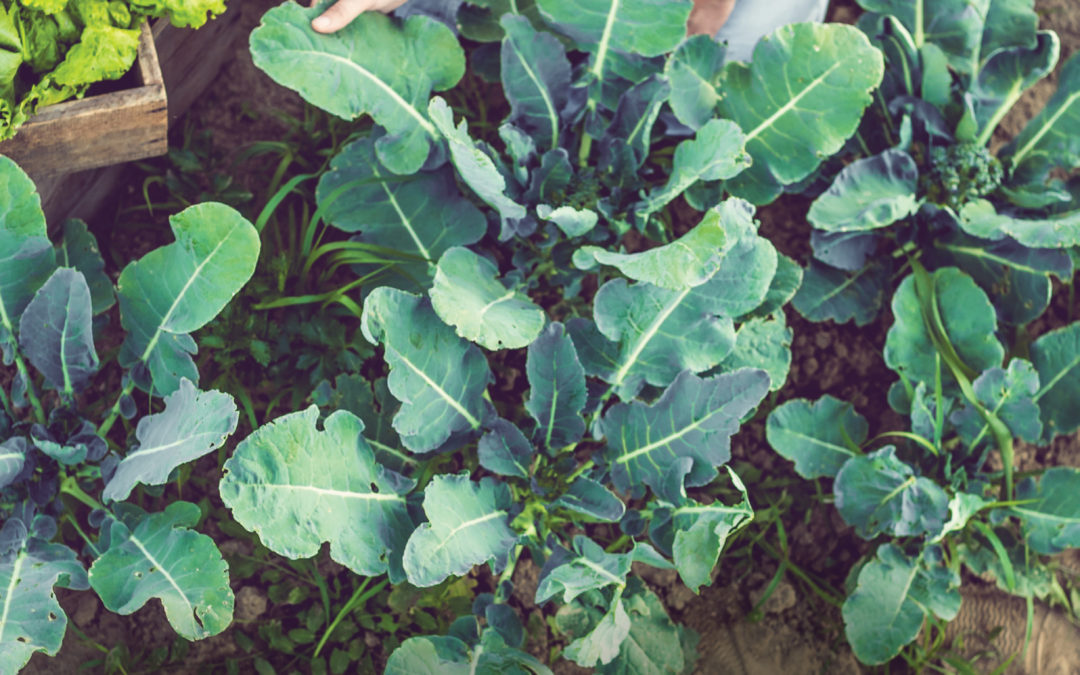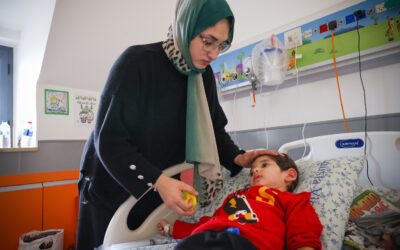by Anne E. Basye–
My friend Georgia is a poet. Her poems are all about food: dizzying incantations to butternut squash, Chanterelle mushrooms, ripe tomatoes and the alchemy of transforming them into something delectable.
A chef, baker and school food service director, Georgia says cooking is stepping into the world of prayer. At the stove, she remembers who she is cooking for, and why. Her school menus use fresh, simple ingredients to entice kids to eat healthy dishes that nourish their growing bodies.
Once, we drove around our valley at night, windows down, using our noses to find a field of beet seed in flower. It’s the smell of summer, she said.
Georgia’s love of flavors and fragrances reminds me of a one-line prayer sometimes used to bless meals at Holden Village, an ELCA outdoor ministry in Chelan, Washington: To eat is heaven.
TASTE AND SEE
“Food keeps us alive, but that is only its smallest and most temporary work,” the late Episcopal priest and cook Robert Farrar Capon wrote in The Supper of the Lamb. “Its eternal purpose is to furnish our sensibilities against the day when we shall sit down at the heavenly banquet and see how gracious the Lord is. Nourishment is necessary only for a while; what we shall need forever is taste.”
Georgia left Capon’s books on my doorstep to help me grapple with this question: How does our human experience of growing, cooking, sharing and eating food relate to our spiritual lives? It’s not an area where people of faith agree. For every person invoking God’s name over a homecooked, six-course meal, there’s someone else refusing milk, chocolate or a Big Mac for religious reasons.
The Big Mac is anathema to one Catholic theologian in Italy who declared in 2000 that Catholics should give up fast food because it is Protestant. It isn’t shared communally, he argued. It is only consumed to satisfy hunger in order to move on to other things—ignoring the sacred dimension of meals. Ergo, it is not Catholic, he held.
On the other hand, Presbyterian theologian L. Shannon Jung loves food so much, he might find a way to fit a Big Mac into God’s plan. Exploring God’s purposes for eating, Jung says the Bible confirms that food and life were created for good.
Meals are blessings. Stories like the feeding of the 5,000 illustrate God’s abundant providence. Our job is appreciation—celebrating and sharing food with others, especially through hospitality to strangers. Jung suggests that all eating may be sacramental. Yet some food is just plain bad for us. Some people are hungry. Others overeat. What to do?
Let’s start with the meal we take every Sunday.
SUPPER WITH GOD
“Eating with Jesus is the epitome of all that is present, symbolically and literally, in food and eating,” Jung writes in Food for Life: The Spirituality and Ethics of Eating. To Jung, the Eucharist is thanksgiving for the bounty that God so lavishly provides.
That’s evident at St. Lydia’s Lutheran Church in Brooklyn, New York, where the thanks begin when the vegetables are delivered.
St. Lydia’s pretty much created the template for the Dinner Church, a worship pattern that pairs the Eucharist with making and sharing a full meal. It draws on the practices of early Christians who met weekly for a feast that included the Eucharist. The whole meal is blessed with the Eucharistic prayer, the bread at the beginning and the cup at the end.
Chopping, stirring, serving, setting the table, eating and talking, discussing Scripture, leading prayers, sharing communion and clearing the table afterward, blend the tasks of table fellowship and communion, nurturing participants physically and spiritually.
To receive God’s grace at the table and share a meal they helped prepare is life-giving for young Brooklyn residents, says Elsa Marty, pastor at St. Lydia’s. “Young people move here out of college and compete with the best of the best,” she says. “It can be isolating and lonely. They live in small apartments and may not know their neighbors. In New York, you don’t have people over for a home-cooked meal. You go out to eat.”
Or you eat alone. Urban or rural, Protestant or not, Big Mac or single-serve microwaveable pasta dish, some of our faster food practices cut us off from each other. That the Eucharist is always shared—in a crowd of sinners, no less!—is an antidote for isolation.
As a Lutheran community, we almost take for granted all the ways we eat together: potlucks and pancake breakfasts, coffee hour, Lenten soup suppers, picnics on the grounds. Through these events, we participate with the people around us. We strengthen our bonds, and we savor God’s abundance.
When Marty studied in India, she saw families host weddings for hundreds of neighbors and relatives. Behind the abundance lay community. Some contributed ingredients, others helped prepare the feast. This would also have been the case for our biblical ancestors, for example, at the wedding where Jesus changed water into wine (John 2:1-11). “The family in the story about the wedding at Cana didn’t go to the store and buy those ingredients,” she says. “They depended on villagers to bring their fermented grapes. When you run out of wine, it might indicate that there isn’t enough communal support there.”
Cooking and eating is a way to give thanks for God’s bounty and strengthen relationships.
Anne E. Basye is a writer living in the Pacific Northwest and the author of Sustaining Simplicity: A Journal (ELCA, 2007).
This article is excerpted from the July/August 2019 issue of Gather magazine. To read more like it, subscribe to Gather.
More like this:
War impacts a Lutheran-run hospital in the Holy Land
The war in Gaza had been going on for six months. It was the week before Easter, and the third week of Ramadan. The Old City of Jerusalem, normally packed with pilgrims, seemed deserted. “Look around you; this is not like Easter,” Bishop Sani Ibrahim Azar of the...
Who dies by suicide?
By Elise Seyfried Statistics indicate that a person who dies by suicide is most likely to be a white or Native American male, aged 55 to 75. Men are three times more likely than women to die by suicide. But statistics don’t tell a complete story. Deaths of despair...
Take the first step
Help create a safer world for kids. Did you know that the number of children and teens killed by gunfire in the United States increased 50 percent between 2019 and 2021, and that gun violence became the leading cause of death for U.S. children and teens in 2020? The...





